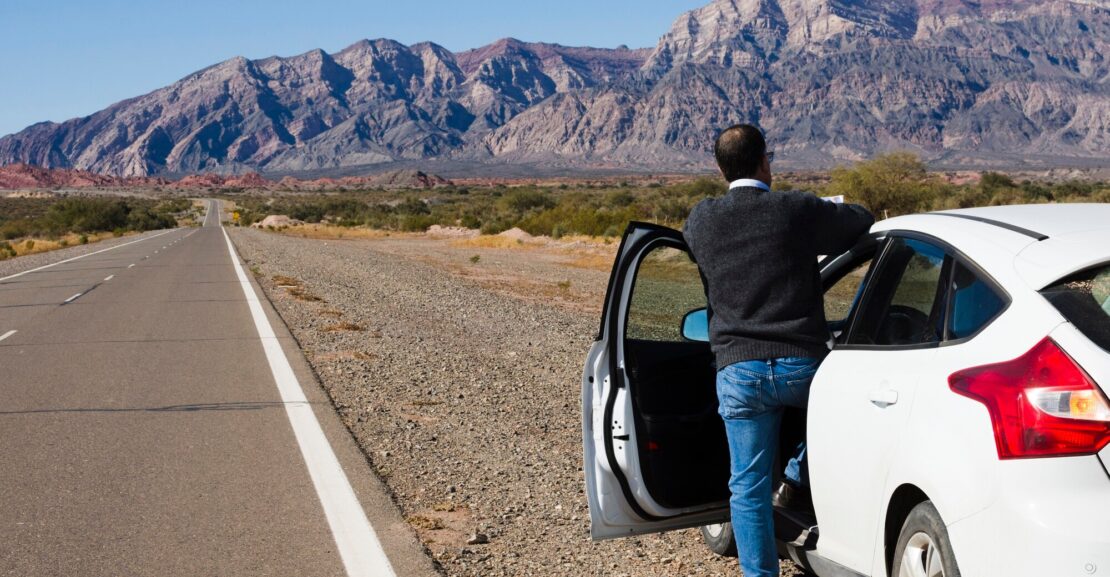Exploring Morocco behind the wheel is one of the most exciting ways to discover the country’s diverse landscapes—from the bustling medinas of Marrakech to the vast dunes of the Sahara. But driving in Morocco comes with its own set of rules, road conditions, and rental quirks that every tourist should know. Whether you’re planning a quick getaway or a full Morocco road trip, this comprehensive guide will help you navigate Moroccan roads with confidence.
1. Is Renting a Car in Morocco a Good Idea?
Absolutely! Renting a car in Morocco offers flexibility, comfort, and the freedom to discover hidden gems. Public transport is available, but it’s often time-consuming and limited in rural areas. A car is especially useful for those wanting to explore:
- The Atlas Mountains
- Desert villages
- Atlantic beaches
- Small Berber towns
It’s also the best way to travel at your own pace and escape tourist traps.
2. Best Rental Cars for Morocco
Choosing the right vehicle depends on your itinerary. Here’s a quick guide:
- Compact cars: Great for city driving in Morocco, especially in places like Casablanca or Fes.
- SUVs or 4x4s: Ideal for off-road driving Morocco, desert routes, or mountain roads.
- Automatic car hire Morocco: Readily available but may cost more than manuals.
- Long-term car hire Morocco: Offered at discounts—perfect for extended stays.
💡 Tip: Book early for the best car rental deals in Morocco, especially in high season (April–May, September–October).
3. Moroccan Road Laws: What Tourists Must Know
Before you get behind the wheel, familiarize yourself with Moroccan road laws:
- Drive on the right side of the road.
- Seat belts are mandatory for all passengers.
- Mobile phone use while driving is illegal.
- Alcohol limit is 0.02%—best to avoid drinking entirely.
- Always carry your passport, driver’s license, and car rental papers.
4. Do You Need an International Driving Permit in Morocco?
While many tourists can drive with their national license, it’s highly recommended to carry an International Driving Permit (IDP), especially if your license isn’t in French or Arabic. Some rental agencies may require it.
5. Car Rental Insurance in Morocco
Car rental insurance Morocco varies by company. Most basic packages include:
- Third-party liability
- Collision damage waiver (CDW) (with excess)
For full peace of mind, consider:
- Super CDW to reduce the excess
- Theft protection
- Insurance that covers off-road driving Morocco (if applicable)
Always read the fine print and take photos of the car before and after rental.
6. Police Checkpoints in Morocco: What to Expect
Police checkpoints in Morocco are common, especially at city entrances and rural roads. They’re usually friendly and quick. Be prepared to show:
- Passport
- Driver’s license
- Rental agreement
Don’t panic—they’re mainly for safety and traffic control.
7. Speed Limits in Morocco
Speeding fines are common, and radar controls are frequent. Here are the general speed limits in Morocco:
- City roads: 40–60 km/h
- Secondary roads: 80–100 km/h
- Highways (autoroutes): 120 km/h
Speed signs are well-marked in both French and Arabic.
8. Highway and City Driving in Morocco
Highway Driving Morocco (Autoroutes)
- Modern and well-maintained
- Toll fees (pay in cash)
- Service stations every 50–80 km
City Driving Morocco
- Traffic is hectic in big cities like Casablanca or Tangier
- Scooters, pedestrians, and donkey carts all share the road
- Parking is scarce—look for official guarded parking areas
💡 Pro tip: Avoid city driving if you’re uncomfortable with chaotic traffic. Park outside and use taxis or walk.
9. Road Conditions in Morocco
Moroccan roads vary greatly:
- Highways: Excellent condition
- Secondary roads: Potholes and limited lighting
- Desert/off-road: Sandy, rocky, and best for 4x4s
Make sure your rental is suitable for your route. A 4×4 rental in Morocco is essential if heading toward the Sahara Desert or remote mountain areas.
10. Sahara Desert Driving and Off-Road Adventures
Planning a Sahara Desert drive? Here’s what you need:
- 4×4 vehicle
- Local guide (recommended for deep desert)
- Extra fuel and water
- Offline GPS or map
- Permission to enter certain regions
Avoid desert driving without proper prep—it can be dangerous.
11. Fuel Prices in Morocco
Fuel prices in Morocco are lower than in Europe. Here’s an approximate breakdown (as of 2025):
- Diesel: 10–11 MAD/liter (~€0.90–€1.00)
- Petrol: 12–13 MAD/liter (~€1.10–€1.20)
Credit cards are accepted in most stations, but carry cash for rural areas.
12. Tourist Car Rental Tips: Save Money & Avoid Scams
Avoid pitfalls by following these tourist car rental tips:
- Book through reputable car rental agencies in Morocco
- Avoid pushy vendors offering “too good to be true” deals
- Compare prices on aggregators like Rentalcars or Kayak
- Inspect and photograph the car before taking it
- Check if the deal includes unlimited mileage
💸 Renting a car without deposit is rare, but some agencies offer low-deposit rentals with extra insurance.
13. Best Time to Drive in Morocco
The best seasons for driving are:
- Spring (March–May): Green landscapes, ideal weather
- Fall (September–November): Cooler temps, fewer crowds
Avoid driving in the desert during summer, and mountainous areas during winter snow.
14. Rent a Car in Marrakech or Casablanca: Which is Better?
- Rent a car in Marrakech if exploring the High Atlas, Ouarzazate, or Agafay desert
- Casablanca car hire is better for north-south highway routes and business travel
Both cities have international airports with reliable rental counters.
Final Thoughts: Your Morocco Road Trip Guide
Driving in Morocco gives you the freedom to design your own adventure. From coastal towns to desert dunes, a self-drive Morocco trip allows you to soak up every detail of this magical country. Just follow the rules, pick the right vehicle, and stay safe on the road.
Whether you’re looking for a long-term car hire in Morocco, an automatic car for comfort, or a rugged 4×4 for off-road fun, renting a car is the key to unlocking a truly unique experience.

